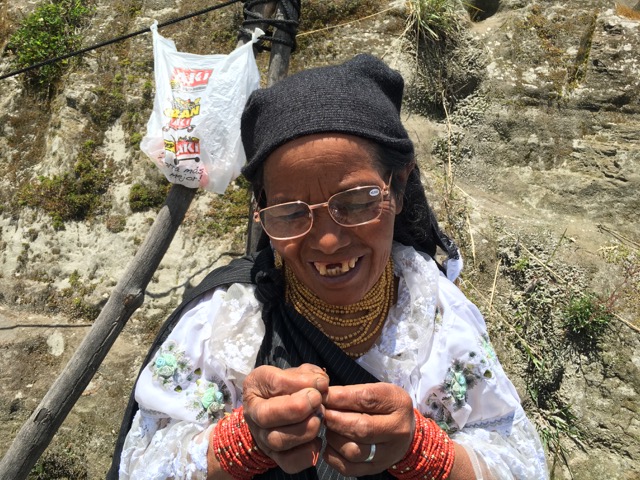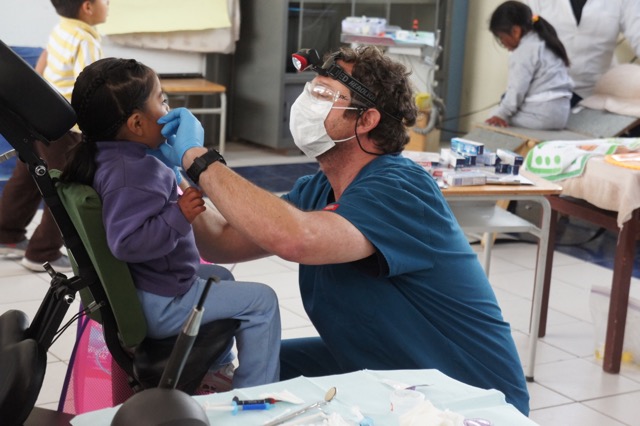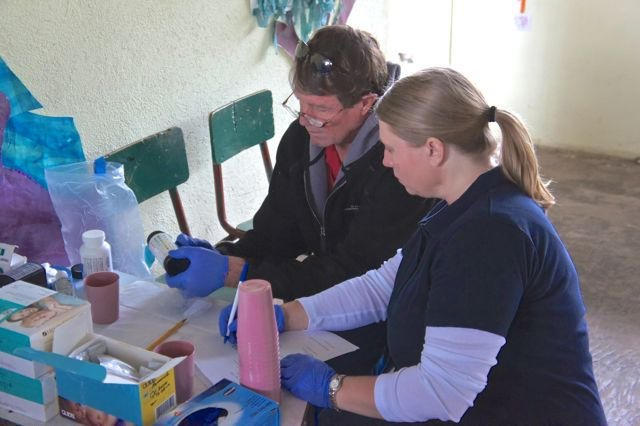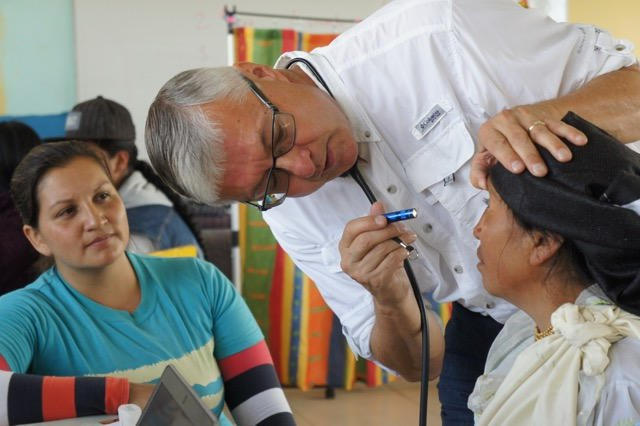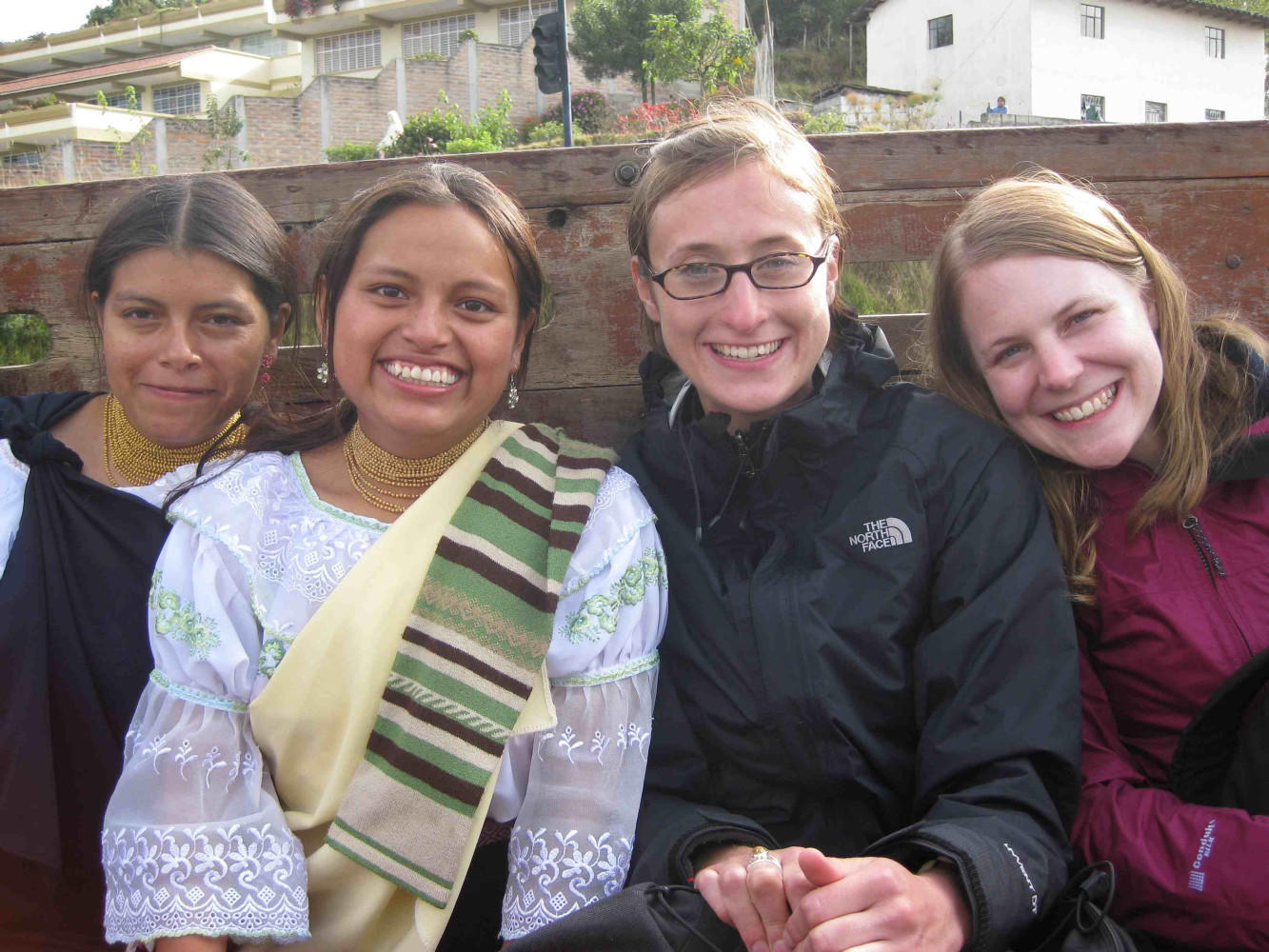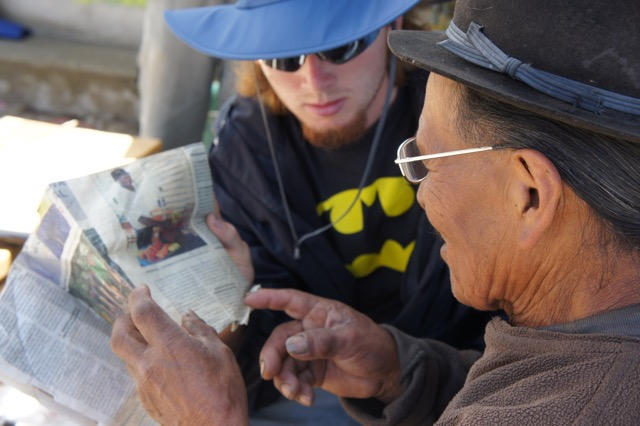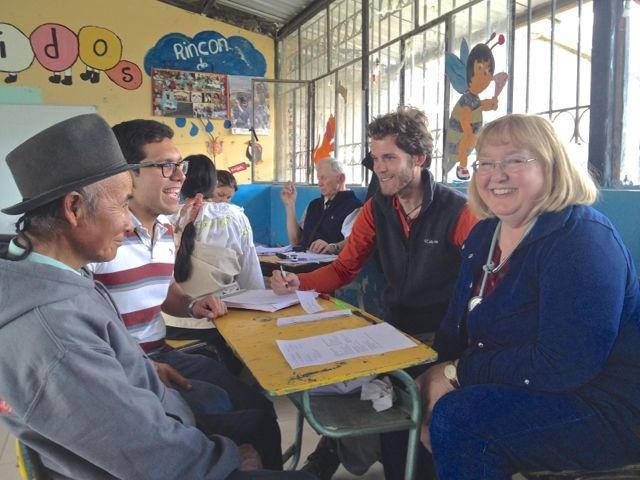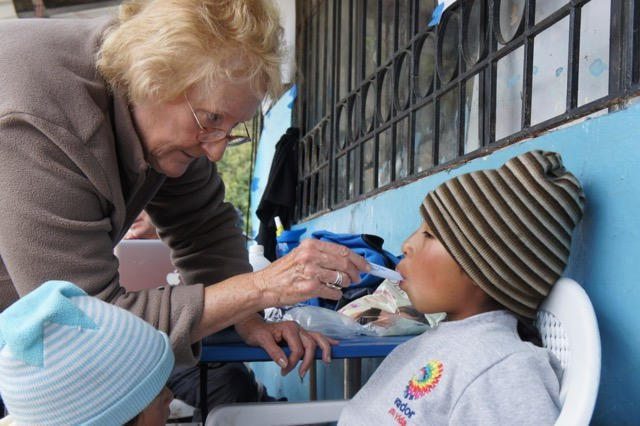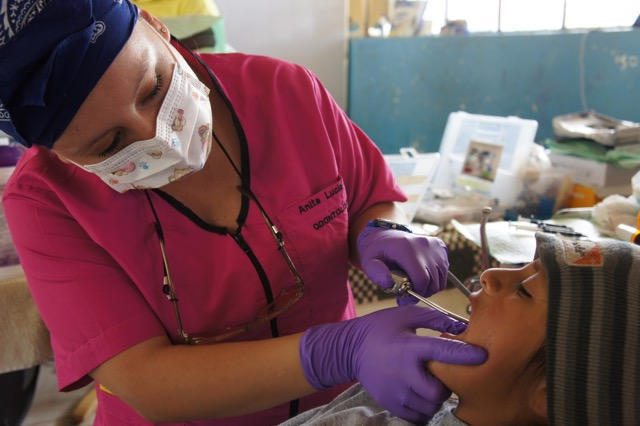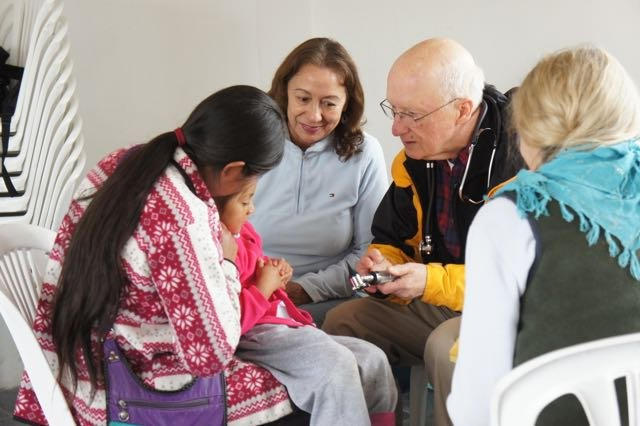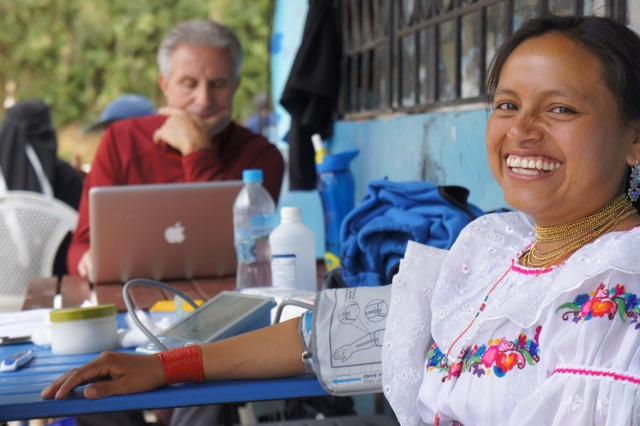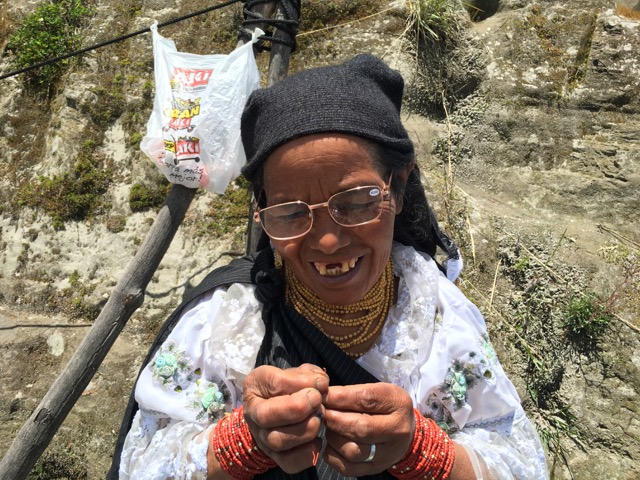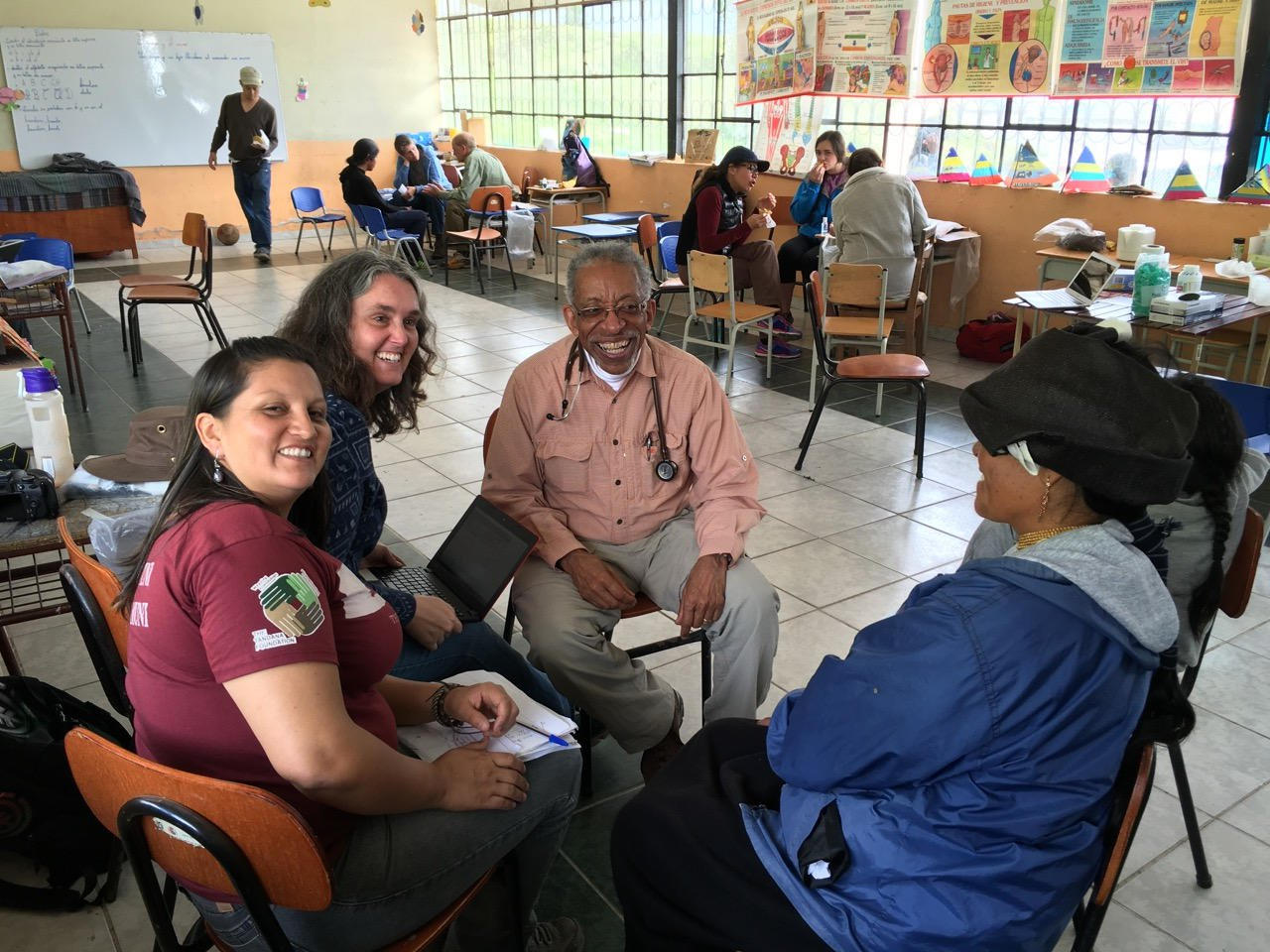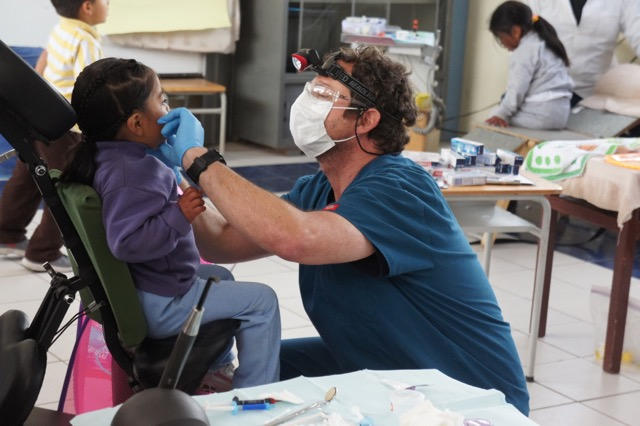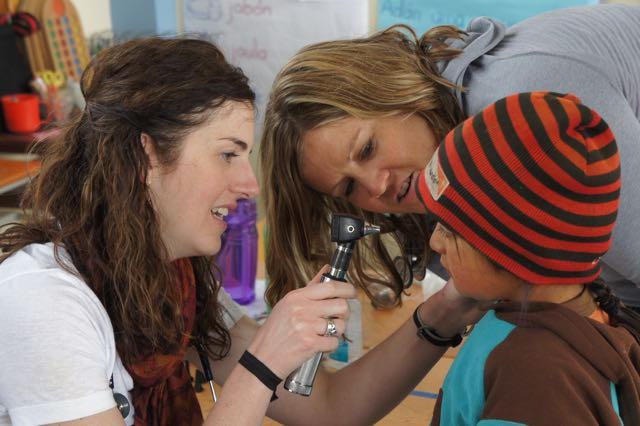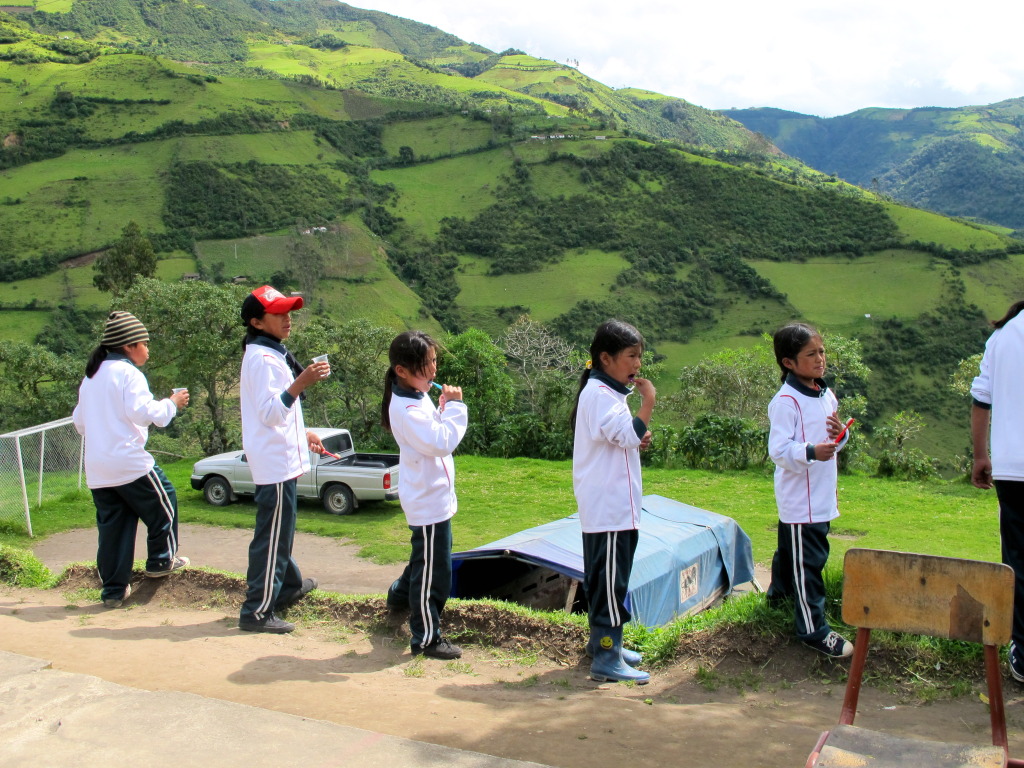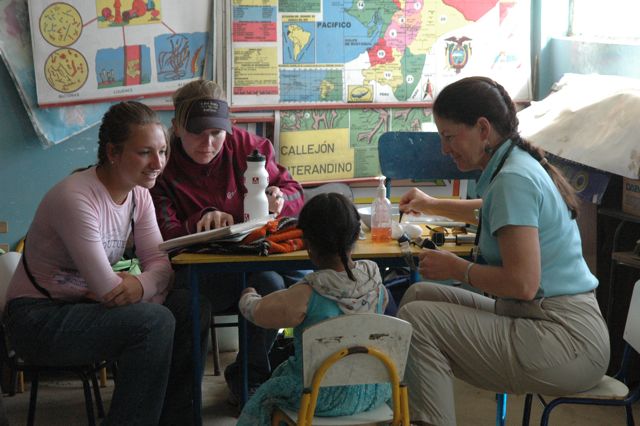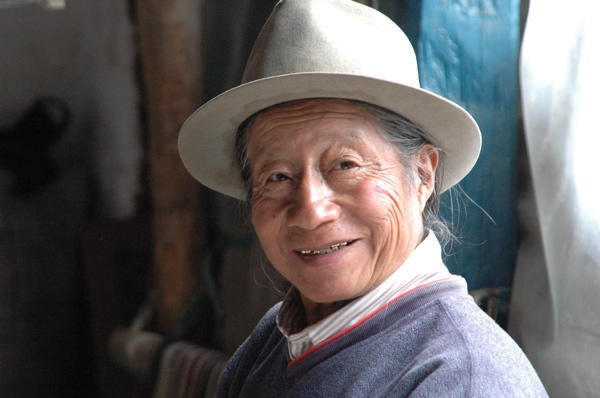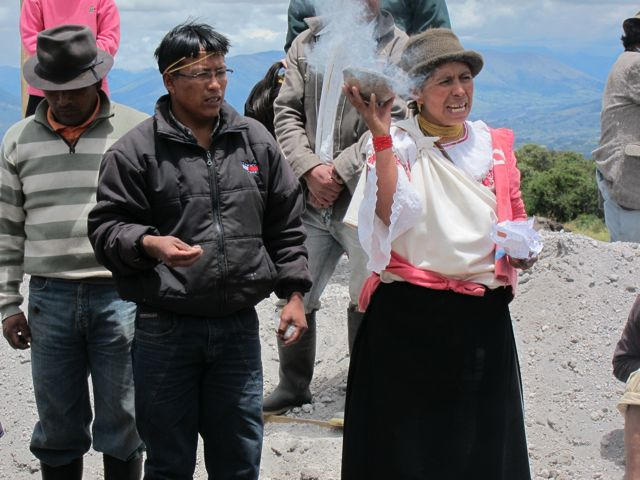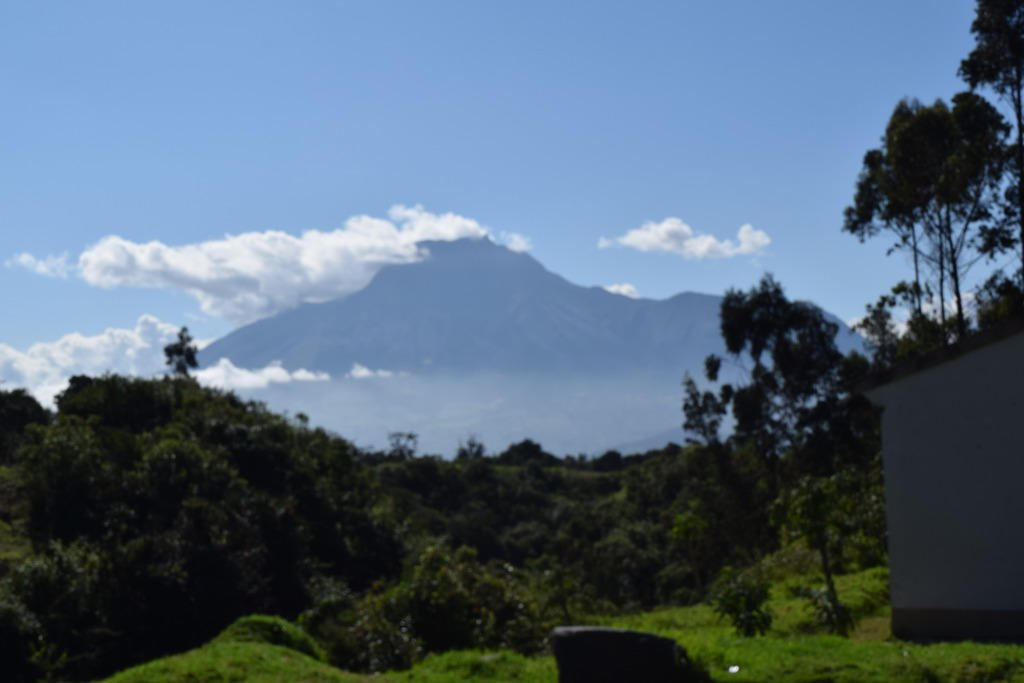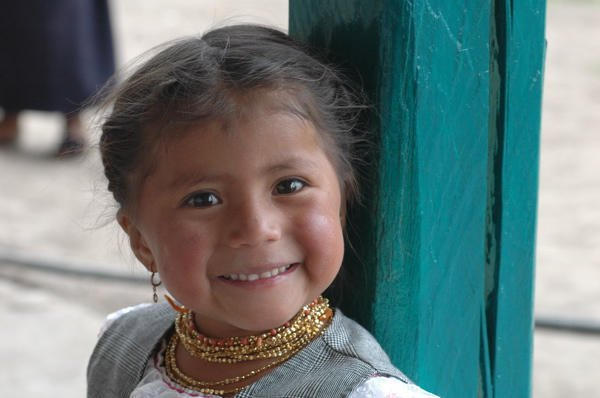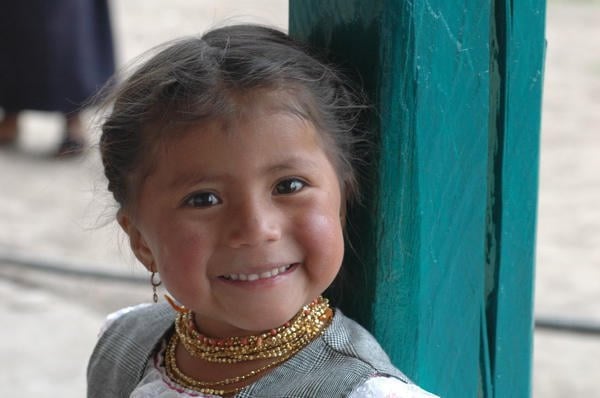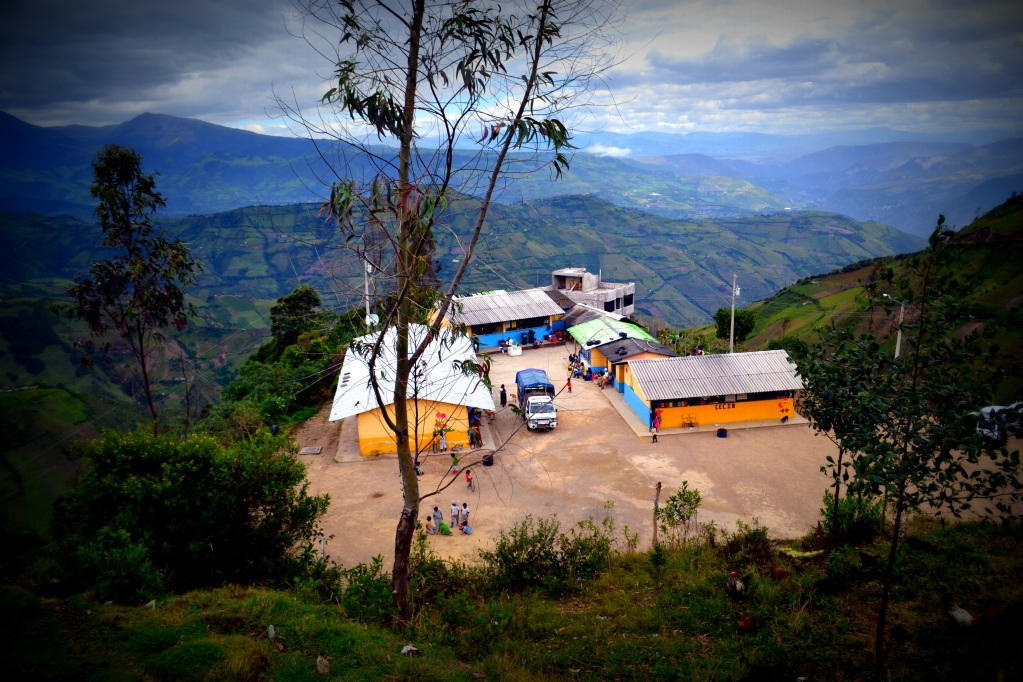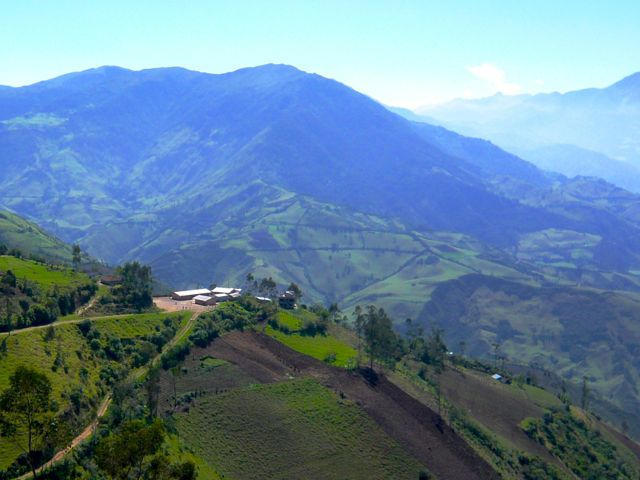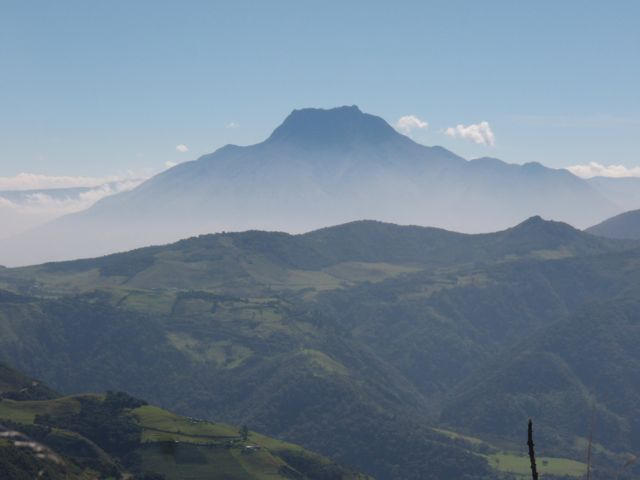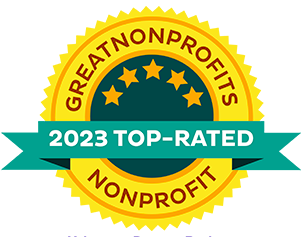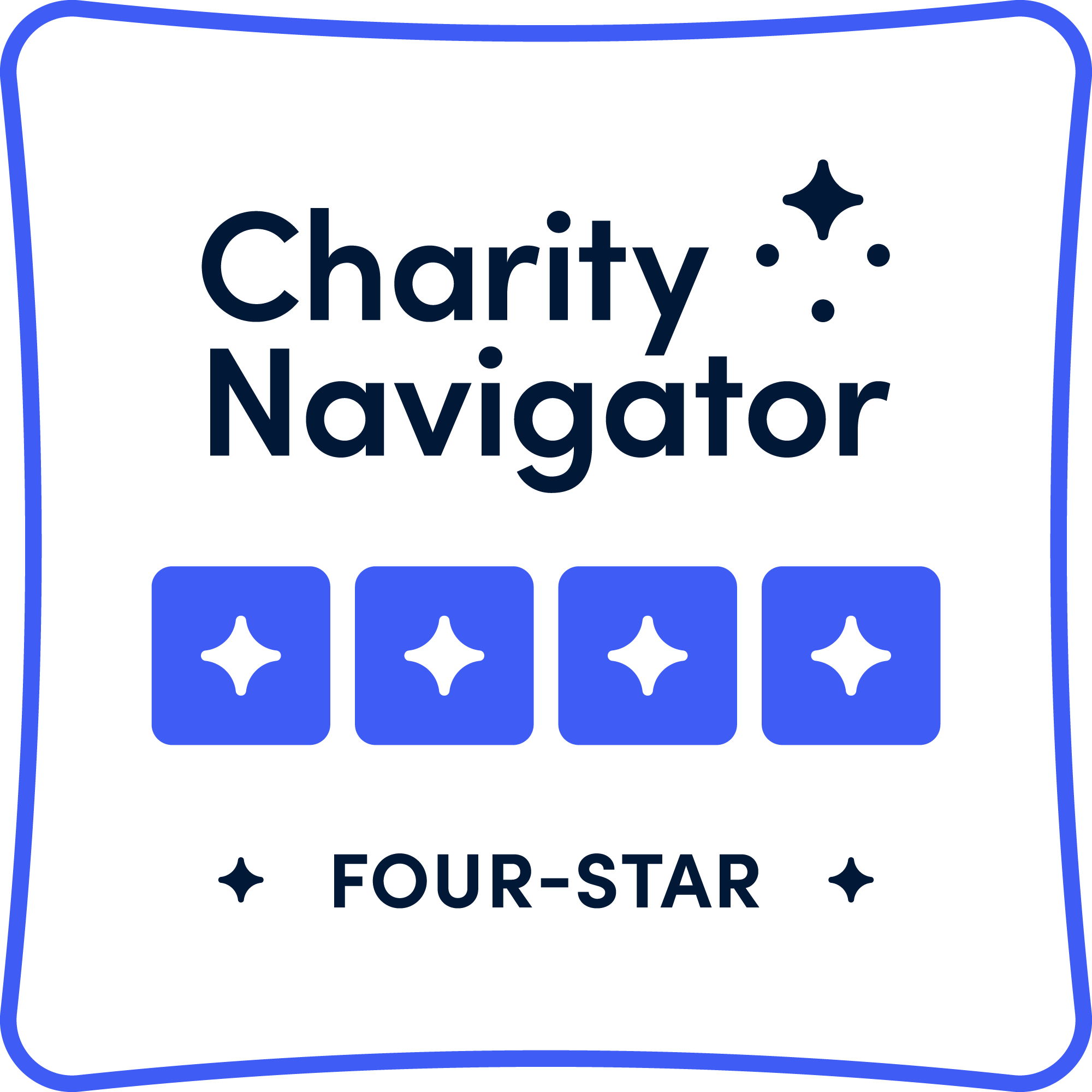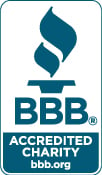Projet de Bénévolat en Soins de Santé
Prochains voyages:
26 Mars - 2 Avril, 2022
2 - 9 Avril, 2022
8-15 Octobre, 2022
Inscrivez-vous en ligne
Aide financière
Nous acceptons également volontiers les dons de médicaments et de tests de laboratoire à utiliser dans ces programmes! Demandez des détails.
"C'est l'une des choses les plus gratifiantes que vous ferez jamais, et vous aurez la chance d'utiliser toutes vos compétences de manière créative... Vous vous lierez également avec certaines des personnes les plus aimables que vous rencontrerez jamais, et leur gratitude vous submergera. "
- Judi, bénévole du Montana
Voyage de Bénévolat en Soins de Santé
Aperçu
Découvrez la vie dans les hautes terres de l'Équateur tout en partageant vos compétences avec les villageois. Faites partie d'une équipe qui fournit des soins médicaux aux écoliers et aux membres adultes de la communauté. Après un déjeuner offert par la communauté, apprenez-en plus sur la culture locale à travers un cours de cuisine ou une visite avec un guérisseur traditionnel. Un délicieux dîner et du temps pour socialiser avec un excellent groupe de bénévoles dans une auberge confortable clôtureront votre journée. Bref, mais tellement plus profond qu'une visite, cette opportunité est unique dans sa capacité à vous connecter avec les gens. Vous donnerez à la communauté et recevrez beaucoup en retour.
Coût: 1650 USD pour une semaine ou 2900 USD pour deux semaines n'incluent pas le billet d'avion, mais comprennent la nourriture, l'hébergement, le transport en Équateur et toutes les activités prévues (en occupation double. Pour une occupation simple, ajoutez 150 USD par semaine.) Nous proposons une prise en charge à l'aéroport le premier samedi soir, et deux options de transport de retour à l'aéroport, le dernier samedi soir ou dimanche matin. Si vos plans nécessitent différents enlèvements ou dépose, vous devrez les couvrir vous-même)
Exemple d'itinéraire pour les projets de bénévolat en soins de santé
Jour 1 (samedi)
Envolez-vous pour Quito. Nous enverrons un bus pour récupérer les participants à l'aéroport samedi soir. La plupart des vols arrivent très tard dans la soirée.
(Nous ne pouvons plus fournir de ramassages à d'autres endroits ou heures.)
Jour 2
Accueil et orientation, apprenez votre rôle et préparez-vous au travail de la semaine. Participez à un cours de langue et découvrez la culture locale.
Jours 3-7
Prise en charge des patients de 9 h à 14 h environ dans les écoles primaires ou les centres de santé ruraux; déjeuner avec des membres de la communauté; puis profitez des activités de l'après-midi comme une randonnée vers un site sacré, une visite avec un guérisseur traditionnel ou un cours de cuisine.
Jour 8 (samedi)
Faites du shopping sur le marché mondialement connu d'Otavalo, profitez d'une sortie amusante en groupe, comme les lacs Mojanda ou l'arbre Lechero. De nouveaux volontaires s'envolent pour Quito, où vous serez accueillis par un bus ou une camionnette qui vous emmènera deux heures à Otavalo. Les volontaires au départ peuvent prendre des vols tard dans la nuit ou passer une nuit de plus à l'hôtel.
Jour 9
Orientation, formation et cours de langue pour les bénévoles nouvellement arrivés.
Les volontaires qui partent se dirigent vers l'aéroport tôt le matin.
Jours 10-14
Prise en charge des patients de 9 h à 14 h environ dans les écoles primaires ou les centres communautaires; déjeuner avec des membres de la communauté; Ensuite, profitez des activités de l'après-midi telles que des randonnées vers de beaux sites ou des cours de cuisine avec des amis locaux.
Jour 15 (samedi)
Faites du shopping sur le marché mondialement connu d'Otavalo, profitez d'une sortie en groupe. Dîner final pour célébrer. Vous pouvez prendre l'avion pour des vols tard dans la nuit ou passer une nuit de plus à l'hôtel.
Jour 16
Retour à l'aéroport pour les vols du matin.
Nous sommes fiers d'être membres de Pack for a Purpose, une initiative qui permet aux voyageurs comme vous d'avoir un impact durable dans la communauté de votre destination de voyage. Si vous économisez seulement quelques livres. d'espace dans votre valise et emportez des fournitures pour les projets que nous soutenons dans le besoin, vous aurez un impact inestimable dans la vie de nos enfants et familles locaux. Veuillez cliquer ici pour voir quelles fournitures sont nécessaires pour notre ou nos projets.

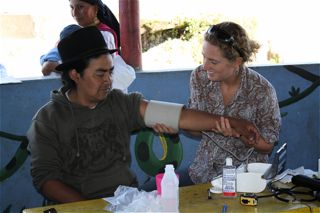
Foire aux questions sur les entreprises bénévoles en soins de santé
Les bénévoles doivent-ils avoir des antécédents médicaux (p. Ex. Infirmière, médecin) ou des compétences? Quelles opportunités y a-t-il pour les personnes sans formation médicale?
Les bénévoles n'ont pas besoin d'avoir des antécédents médicaux. Nous avons généralement plusieurs prestataires de soins de santé (médecins, AM) et un certain nombre de bénévoles non médicaux. Ceux qui n'ont pas de formation médicale sont également importants pour faire fonctionner le processus. Certains enregistrent les patients et posent des questions de base, d'autres prennent des signes vitaux, d'autres aident les prestataires (en tant que coureurs, tenant des choses, en consultant d'autres membres de l'équipe, etc.), et d'autres encore organisent notre «pharmacie», comptant les pilules pour les ordonnances et d'autres effectuent dépistage de la vue et aider les patients à essayer des lunettes de lecture. Et les personnes ayant d'autres compétences particulières peuvent parfois trouver des moyens de les utiliser aussi - par exemple, une fois, un bricoleur a construit une marchette pour un patient.
Quels types de services de santé sont fournis par les bénévoles?
Nous fournissons des services de soins primaires de base - consultations de médecine générale, tests de laboratoire simples (analyse d'urine, streptocoque, h. Pylori, grossesse, glycémie), imagerie par ultrasons, dentisterie et médicaments. Nos services dentaires comprennent des obturations, des extractions et des mesures prophylactiques telles que les scellants et le fluorure. Bien que nous n'ayons pas la capacité de faire des examens optométriques complets, nous pouvons faire un dépistage de la vue et référer ceux qui ont besoin de lunettes de distance ou de soins ophtalmologiques vers une autre fondation, tout en fournissant des lunettes de lecture à ceux qui en ont besoin. Si les patients ont besoin de plus de soins, tels que des consultations avec des spécialistes, des tests supplémentaires ou une intervention chirurgicale, nos prestataires remplissent des formulaires de référence. Le coordonnateur du suivi des patients de Tandana travaille avec ces patients une fois les vacances bénévoles terminées pour les aider à se rendre à l'hôpital, au laboratoire ou aux spécialistes dont ils ont besoin et à accéder à des soins supplémentaires.
Qui demande des soins pour les services fournis? Quelles alternatives existent pour les personnes de la communauté / région?
Les membres de la communauté de tous âges, autochtones et métis, viennent à leur centre communautaire ou à l'école locale pour profiter de nos services. Leurs alternatives sont soit d'aller à Otavalo chez un médecin privé, ce qui peut être assez coûteux, soit au centre de santé rural local, où les fournitures et les rendez-vous sont limités. Pour de nombreux patients, le chemin pour se rendre au centre est long, les temps d'attente sont généralement très longs et les fournitures et les médicaments sont extrêmement limités. Nous collaborons avec le personnel de ces centres de santé, voyageant ensemble dans les communautés et les aidant à remplir leur mission de fournir des soins à la population de leur région.
En général, quelle est la taille du groupe de bénévoles?
Les groupes sont généralement de 10 à 15 volontaires avec 4 à 6 membres du personnel de Tandana.
Nous avons de nombreux bénévoles qui ne parlent pas espagnol. Nous proposons des cours d'espagnol et de kichwa de base (et amusants) pendant le voyage pour aider les volontaires à apprendre au moins suffisamment pour remplir leurs rôles, donner des instructions de base et saluer les gens. Chaque fournisseur travaille avec un interprète. Pour l'interaction en dehors du temps de travail, le personnel de Tandana traduit pour le groupe.
Les volontaires doivent-ils parler espagnol? Sinon, comment les interactions sont-elles facilitées?
Le CDC recommande des vaccinations contre l'hépatite A, la typhoïde, le tétanos-diphtérie et la rougeole. La fièvre jaune est recommandée dans d'autres régions de l'Équateur mais n'est pas nécessaire dans les montagnes où nous travaillons. Les vaccinations sont à votre discrétion.Est-ce que j'ai besoin de vaccins pour participer à ce voyage?
Le virus Zika est transporté par les moustiques qui vivent généralement en dessous de 1200 mètres, mais Tandana travaille à des altitudes beaucoup plus élevées - généralement au-dessus de 2000 mètres. Ainsi, les chances de rencontrer un moustique porteur de Zika avec Tandana sont assez faibles. De plus, la principale préoccupation de Zika est les dommages qu'il peut causer aux foetus si la mère contracte le virus; pour d'autres, les symptômes cliniques sont légers. Néanmoins, si vous prévoyez de voyager à des altitudes plus basses avant ou après votre séjour avec nous, vous voudrez peut-être prendre des précautions avec un insectifuge approuvé par l'EPA.J'ai entendu parler du virus Zika. Dois-je m'inquiéter pour ma santé?
Quels sont les hébergements?
Nos participants volontaires aux soins de santé sont hébergés dans un magnifique établissement situé à Otavalo, en Équateur:  Casa Latitud. Toutes les chambres disposent d'une salle de bain privée, de lits confortables et de prises utilisant la même électricité qu'aux États-Unis .. Une connexion Wi-Fi est disponible dans la zone commune. Le petit-déjeuner chaque jour est un régal qui propose des fruits et des jus de fruits frais locaux, un excellent café et une sélection de plats chauds pour le petit-déjeuner pour bien commencer la journée. Le jardin et la terrasse sont une oasis avec vue sur 2 volcans inactifs. Et l'emplacement est parfait pour faire du shopping à seulement 4 pâtés de maisons.
Casa Latitud. Toutes les chambres disposent d'une salle de bain privée, de lits confortables et de prises utilisant la même électricité qu'aux États-Unis .. Une connexion Wi-Fi est disponible dans la zone commune. Le petit-déjeuner chaque jour est un régal qui propose des fruits et des jus de fruits frais locaux, un excellent café et une sélection de plats chauds pour le petit-déjeuner pour bien commencer la journée. Le jardin et la terrasse sont une oasis avec vue sur 2 volcans inactifs. Et l'emplacement est parfait pour faire du shopping à seulement 4 pâtés de maisons.
Mes appareils électroniques fonctionneront-ils en Equateur?
Oui, l'Équateur utilise les mêmes courants électriques et prises que les États-Unis, vous n'avez donc pas besoin d'un adaptateur spécial.
Que dois-je emporter pour ce voyage?
Nous vous enverrons un paquet de bienvenue un mois environ avant votre départ, qui comprend une liste de colisage suggérée.
À quoi ressemble le programme quotidien?
Chaque jour, nous quittons l'hôtel à 8 heures du matin et voyageons (de 15 minutes à une heure et demie) dans une communauté différente pour travailler d'environ 9 ou 10 jusqu'à environ 2 ou 3. Après le déjeuner, nous rendons visite aux membres de la communauté, rencontrons des étudiants, un chaman, un maître tisserand ou des chefs indigènes, ou faites une randonnée vers des sites sacrés tels que la cascade Peguche et l'arbre Lechero. Dans la soirée, nous dégustons l'une des nombreuses options de restauration délicieuses d'Otavalo et faisons un bref compte rendu du travail de la journée.
Tous les programmes de bénévolat de Tandana sont dirigés par une équipe de coordonnateurs de programme qui ont une connaissance de première main de la région, parlent espagnol et anglais, ont une expertise en éducation expérientielle et en leadership de groupe, détiennent des certifications WFA (Wilderness First Aid) ou d'autres certifications qu'ils aident gèrer les urgences et sont des personnes bienveillantes et compétentes. Notre personnel local permanent est toujours disponible pour vous aider avec la traduction, les activités, la logistique et toute autre chose pour s'assurer que l'expérience des bénévoles est la meilleure possible. Voir ici les biographies de certains coordinateurs de programme.Qui dirige les groupes de bénévoles? Vers qui dois-je me tourner lorsque j'ai besoin d'aide?
Comment le HCVV s'intègre-t-il dans le programme général de soins de santé de Tandana?
 Veuillez consulter cet aperçu.
Veuillez consulter cet aperçu.
Quel pourcentage des frais de voyage va à la communauté et pour les coûts liés à la prestation de services de santé?
Le coût total du voyage sert à rendre possible les services de santé et l'expérience des bénévoles (nourriture, logement, transport, personnel de Tandana, professionnels locaux, médicaments, fournitures, communication, activités, frais de bureau). S'il y a de l'argent supplémentaire après que ces coûts sont couverts, il est utilisé pour les services de suivi des patients.
Qu'est-ce que je peux faire si je ne trouve pas la réponse à ma question sur cette page FAQ?
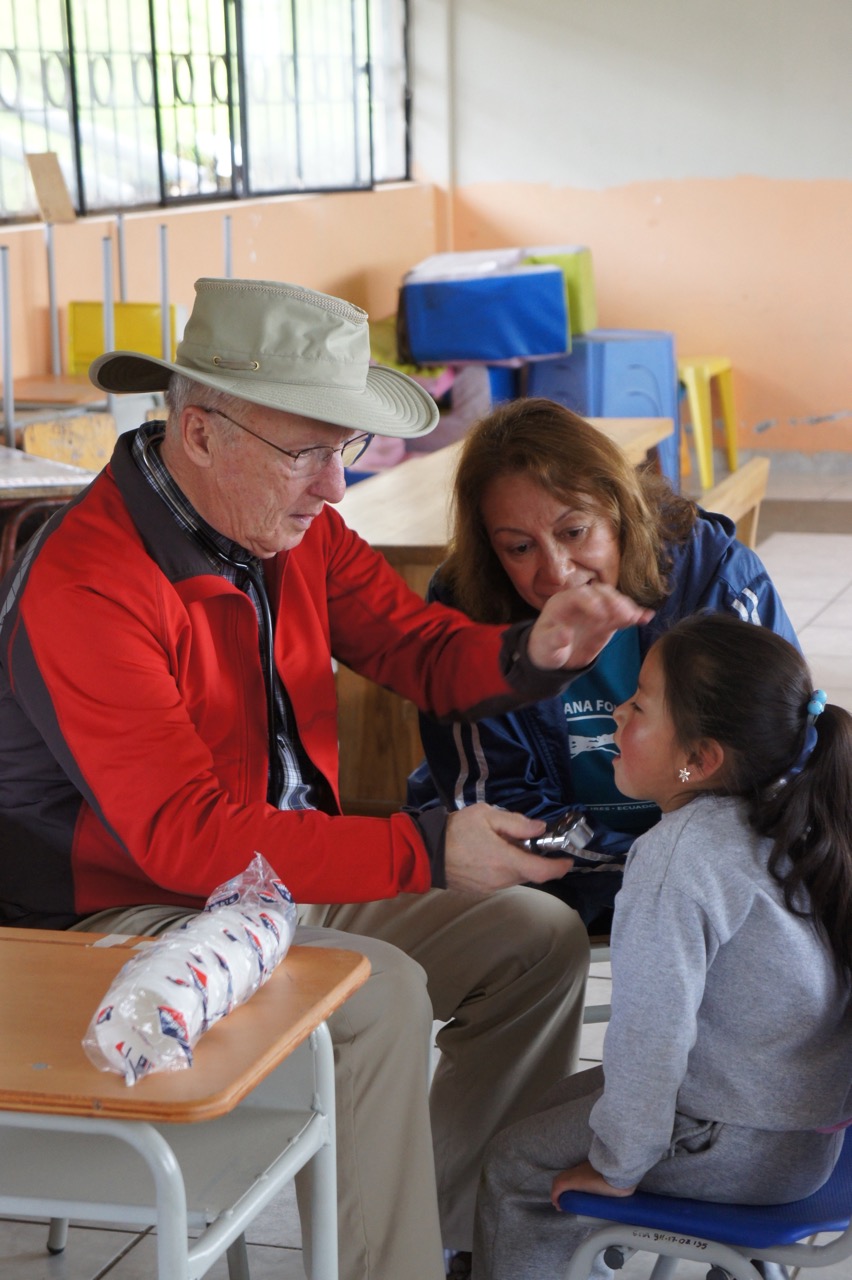
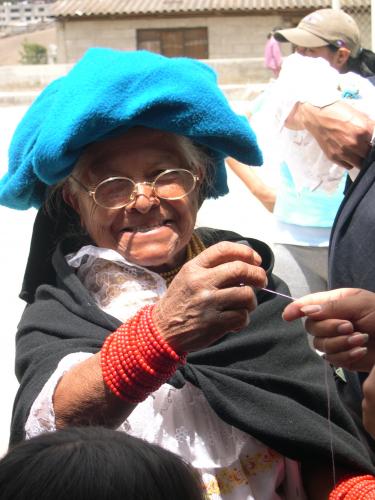

Grâce à notre programme de soins de santé en Équateur, la Fondation Tandana vise à améliorer l’accès des membres des communautés rurales aux soins de santé de base et à aider les professionnels de la santé ruraux locaux à prendre soin de leur population. Le travail de santé de Tandana comporte deux étapes: des visites communautaires par des groupes comprenant des fournisseurs de soins de santé nord-américains et un suivi approfondi après ces visites. Nous soutenons également les centres de santé locaux ayant des besoins particuliers.
Les visites de la communauté
Nos visites communautaires sont rendues possibles grâce à notre programme "Projet de bénévolat dans le secteur de la santé" deux fois par an et par des programmes personnalisés que nous coordonnons pour les hôpitaux ou les écoles de médecine lorsque cela est possible. Des bénévoles, notamment des médecins, des AP, des dentistes, des infirmières, des physiothérapeutes et des assistants volontaires, s'inscrivent à ces programmes et passent une ou deux semaines en Équateur. En collaboration avec le personnel de Tandana et les professionnels locaux, y compris le personnel des centres de santé locaux et des interprètes, ces groupes visitent diverses communautés du canton d'Otavalo. Nous travaillons en coordination avec les consulats équatoriens aux États-Unis, le ministère de la Santé publique, les subcentros de Quinchinche et Gualsaqui, le centre de santé de Mojandita et l'Union des communautés autochtones de Quichinche. Nous avons effectué plus de 8 000 visites de patients depuis le début du programme en 2007
Nos groupes Health Care Volunteer Venture travaillent principalement dans les communautés des Quichinche et Gualsaqui Subcentros (centres de santé ruraux). Nous collaborons avec le personnel de Subcentro pour visiter les communautés les plus éloignées desservies par leur centre. Le personnel de Subcentro est mandaté pour visiter ces communautés régulièrement, mais ne reçoit aucun financement pour le faire et dispose d'un approvisionnement très limité en médicaments. Avec l’aide de Tandana, ils sont en mesure de remplir leur mission de soins dans ces communautés éloignées, d’où l’accès au Subcentro est difficile.
Lorsque les patients arrivent à l'école, au centre communautaire ou au centre de santé où nous travaillons, le personnel et les bénévoles de Tandana prennent leur nom, posent des questions de base et prennent des signes vitaux, les préparant à voir les prestataires de soins de santé. En collaboration avec des interprètes, les prestataires examinent les patients, établissent des diagnostics et prescrivent des médicaments dans notre pharmacie portable. Nous demandons une contribution de 50 cents par famille pour les médicaments afin d'encourager les patients à prendre en charge leur santé et de promouvoir la valorisation des médicaments. Suivant les recommandations de nos prestataires, une infirmière ou un autre bénévole effectue sur place des tests de laboratoire de base, tels que ceux pour H. pylori, des analyses d'urine, une grossesse et le streptocoque, et nettoie les oreilles si nécessaire. Nous sommes également en mesure de faire des échographies lors de nos visites. Nos fournisseurs remplissent des formulaires de référence pour tous les patients qui, selon eux, ont besoin de soins supplémentaires, de tests ou de spécialistes.
Lors de nos visites communautaires, nous pouvons également répondre aux besoins en soins dentaires, visuels, pédiatriques et préventifs. Des dentistes bénévoles nord-américains et locaux utilisent notre équipement dentaire portable pour remplir les caries, extraire les dents et effectuer des traitements préventifs tels que les scellants et le fluorure. Pour les troubles de la vue, nous effectuons un dépistage de la vue, fournissons des lunettes de lecture à ceux qui en ont besoin et orientons ceux qui nécessitent un diagnostic et un traitement plus spécialisés vers la Fundacion Vista Para Todos. Dans les écoles, nous pesons et mesurons les enfants, une infirmière ou un médecin écoute leur cœur et leurs poumons, et nous fournissons des médicaments antiparasitaires si les enfants ne les ont pas reçus dans les 6 mois suivant notre visite. Pour compléter nos visites communautaires, nous donnons également des conférences éducatives sur des sujets tels que la nutrition et la planification familiale lorsque le temps et les ressources humaines le permettent.
Pour tous ces services, nous conservons des dossiers afin que, lorsque les patients reviennent pour des visites ultérieures dans la communauté, nous ayons leur historique disponible. Grâce à notre nouveau système de dossier médical électronique, nous n'avons plus à transporter des boîtes de dossiers papier, ce qui allège notre charge au sens propre et figuré.
La Fondation Tandana s'engage à fournir des soins respectueux de la culture et de l'individu. Les volontaires reçoivent une orientation comprenant une introduction à la culture locale et une discussion sur les aspects interculturels de notre travail. Notre équipe comprend toujours au moins un orateur parlant couramment le Kichwa, et nous prenons le temps d'écouter pleinement les patients tout en essayant d'être efficaces afin de pouvoir voir plus de patients. Nous promouvons un esprit de collaboration avec les options de soins de santé locales, y compris à la fois des professionnels de la médecine occidentale et des guérisseurs traditionnels tels que les chamans, les yachaks et les sabios. Nous considérons notre travail comme complémentaire plutôt que contradictoire de celui des guérisseurs traditionnels, et nous faisons des efforts pour rencontrer, discuter et apprendre des individus locaux avec ces spécialités.
Le suivi des patients
La deuxième phase de notre travail de santé commence après les visites dans les communautés. Le coordonnateur du suivi des patients de Tandana et les internes examinent les formulaires de référence et établissent un plan pour savoir où chacun des patients doit se rendre. Le personnel communique avec les patients et les défend dans le système de santé publique. Notre objectif est que, grâce à ce processus, les patients apprennent à utiliser le système par eux-mêmes.
Grâce à de nombreux rendez-vous, d'abord au centre de santé rural, puis à l'hôpital, et parfois dans des hôpitaux spécialisés de la capitale Quito ou avec d'autres organisations telles que Vista Para Todos ou le Lions Club, les patients ont accès aux soins dont ils ont besoin. Qu'ils aient besoin de tests de laboratoire, de spécialistes, de chirurgies ou de lunettes, notre coordonnateur du suivi des patients travaille sans relâche pour les aider à accéder aux ressources disponibles. Nous travaillons principalement avec le ministère de la Santé, ainsi qu'avec d'autres fondations et options privées lorsque le système public n'offre pas ce dont un patient a besoin.
Malheureusement, l'accès aux services de santé est très difficile pour les personnes vivant dans les communautés rurales pour les raisons suivantes:
- Les difficultés de compréhension des procédures à suivre
- Les défis du transport
- Les lacunes de communication entre les différents niveaux de soins
- La difficulté à prendre des rendez-vous et les longs délais d'attente
- Les différences culturelles, les barrières linguistiques et le racisme
Notre personnel travaille avec les patients pour naviguer et surmonter ces défis afin qu'ils puissent bénéficier des services auxquels ils ont droit en tant que citoyens de l'Équateur et améliorer leur santé. Notre objectif est de faire en sorte qu'une fois que les patients sont sur la bonne voie et apprennent à naviguer dans le système de santé, à partir de ce moment-là, ils soient en mesure de profiter seuls de ses ressources.
